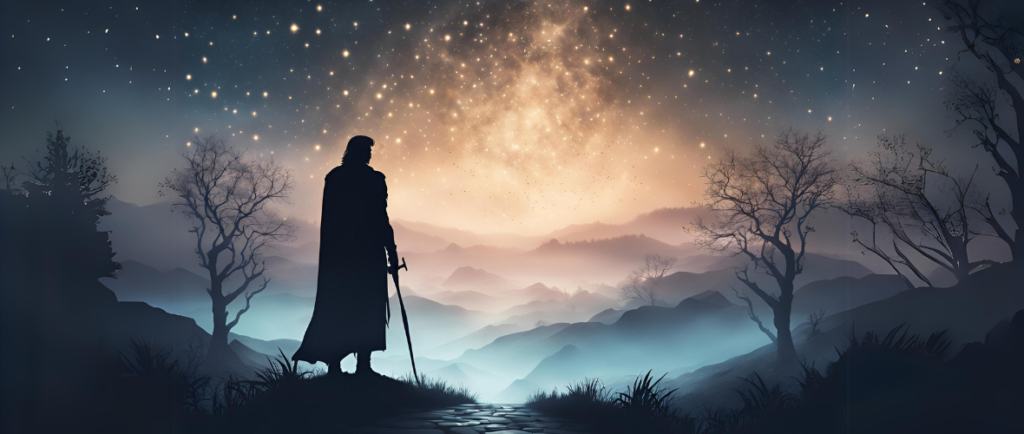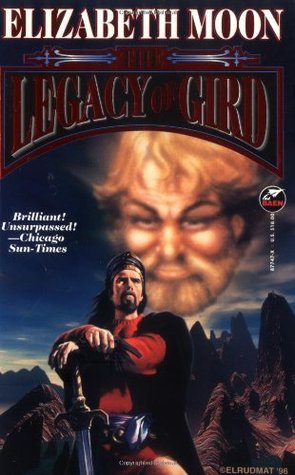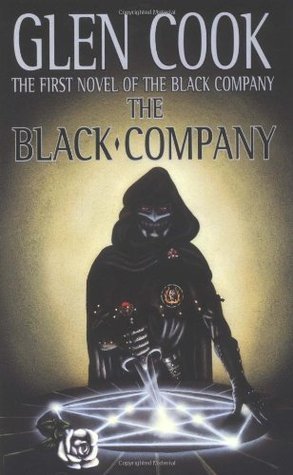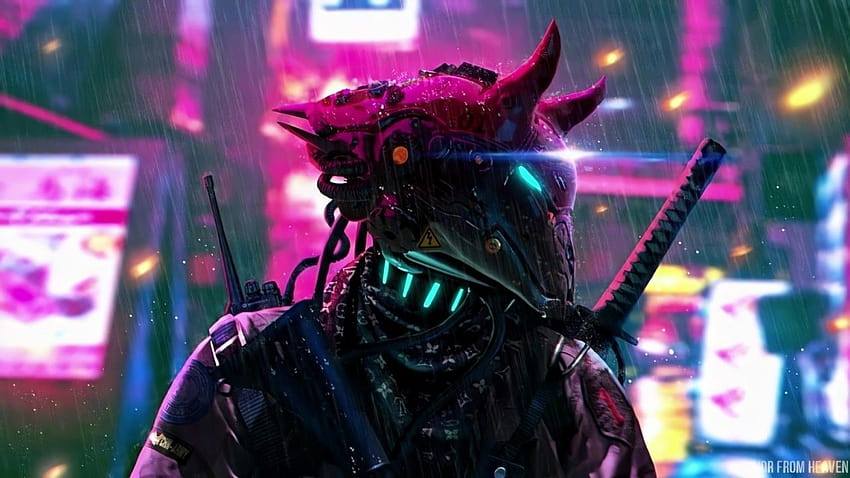Epic Quests: Themes and Motifs to Capture the Reader
The journey of the epic quest <echo, echo, echo> is like no other, a steep plunge into worlds where the stakes are high, the adventures grand, and the characters unforgettable. These narratives have timeless themes and intricate motifs, captivating the reader’s imagination and often resonating deeply within us. From the classics of good versus evil, the hero’s journey, and a touch of fate, to the ethical battles of seeking power or solving corruption, epic quests <echo, echo, echo> offer a diverse experience that challenges and inspires. In this blog, we’ll look at the core themes and motifs that define and unravel the complexities. We will discuss how these elements weave together to create stories that not only entertain but also reflect profound truths about the human condition. With so many enduring examples to choose from, whether you’re a writer crafting your own epic tale or a reader seeking to understand why, these stories have such sway that they immerse you in the ultimate journey.
“Evil is not a force, it is a choice. And the power to choose is within us all.”
— The Inheritance Trilogy: The Hundred Thousand Kingdoms by N. K. Jemisin.
Using the theme of good versus evil is very popular. On either side of the blurring line, the moral and ethical decisions made by characters are subject. The Lightbringer Series by Brent Weeks, through the protagonist Gavin Guile as a hero with dark secrets and morally ambiguous choices, examines themes of power and sacrifice in the good versus evil series, revealing how characters struggle with the ethical ramifications of their choices and the hazy distinction between heroism and tyranny. “The greatest power in the world is the ability to change the world.” Character Gavin Guile, The Lightbringer Series by Brent Weeks.
The gray morality brought forth in fantasy novels often features worlds where moral decisions are not clear-cut. Characters may face dilemmas where any choice can have both positive and negative consequences, leading to morally gray situations where traditional distinctions between good and evil are less clear. For example, Eddard Stark from A Song of Ice and Fire by George R.R. Martin, the honorable Lord of Winterfell, makes a morally complex decision by revealing the truth about Jon Arryn’s death and his own daughter’s illegitimacy. Eddard believes that honesty and integrity are paramount, even if it means challenging the corrupt system of King’s Landing and putting his own family at risk. Did it meet your honorable expectations?
In the famed hero’s journey, the stages of the protagonist can fulfill the role or subvert them. One example each would be:
- The Name of the Wind by Patrick Rothfuss, the protagonist Kvothe, begins as a talented but humble young boy with a tragic past. As the story progresses, he pursues education at the University, uncovers the mysteries of magic, and seeks to understand the truth behind his family’s murder. Kvothe fulfills his role as a hero by showing extraordinary talent, perseverance, and courage, facing various trials, gaining allies, and confronting powerful enemies. His quest for knowledge and personal growth marks his journey, reflecting the traditional hero’s path of discovery and triumph. Other novels that follow the traditional journey would be The Chronicles of Narnia by C.S. Lewis, The Belgariad by David Eddings, and The Wheel of Time series by Robert Jordan. However, The Wheel of Time blends both the traditional elements of the hero’s journey with subversions that explore the complexities of heroism, prophecy, and personal growth.
- The Legacy of Gird by Elizabeth Moon is a notable example of a series that subverts traditional heroic roles and themes in several ways. Gird, the protagonist, starts as a simple farmer and becomes a hero through circumstances and gradual development rather than through traditional heroic destiny. His rise is not marked by a clear, epic prophecy, but by his actions and leadership during a time of crisis. Gird’s character and actions challenge conventional expectations of heroism, showing that heroism can arise from ordinary circumstances and that leadership involves difficult and often unheroic choices. Other subverted fantasy novels include The Lies of Locke Lamora by Scott Lynch, The Black Company by Glen Cook, and even The Name of the Wind by Patrick Rothfuss. Yes, I know. As the novel progresses, the structure of the story and Kvothe’s character development subvert his role as a hero, despite my initial claim. The framing device of Kvothe recounting his own story to a Chronicler creates ambiguity around his genuine achievements and the extent of his heroism. Kvothe’s flaws, mistakes, and morally ambiguous actions challenge the idealized notion of the hero. His journey is as much about personal growth and self-examination as it is about traditional heroic deeds.
- Using the theme of Free Will versus Fate, Terry Goodkind reveals Richard Rahl, the protagonist in Wizard’s First Rule, The Sword of Truth series, as the Seeker of Truth, a role that prophesies his confrontation with the Dark One and his mission to bring balance to the world. The series explores how Richard’s journey involves both fulfilling a predetermined destiny and making personal choices. Other novels like this are The Stormlight Archive by Brandon Sanderson, The Wheel of Time by Robert Jordan, and A Song of Ice and Fire by George R.R. Martin.
The last theme to discuss is one of seeing Power or finding corruption. An example would be The Black Company by Glen Cook. This series follows the Black Company’s mercenary adventures and deals with the corrupting influence of power within political and military contexts. Croaker and his companions experience firsthand the moral decay that accompanies power struggles and leadership. These novels offer a range of perspectives on how power and corruption impact protagonists, providing nuanced explorations of these themes within epic fantasy settings. Additional examples would be The Emperor’s Blades by Brian Staveley or The Poppy War by R. F. Kuang.
My own upcoming novel Spirito, the Canid Warrior, sports a depth of corruption as he, his sister, and his father tangle with the themes of Fate, Power and Corruption, good vs evil and I’ve even thrown in a little hero’s journey.
Here is a quick example of the Scaveen Mages revealing Spirito’s destiny during his initial reading at the age of 4.
Salor soon stood at the balcony edge, scanning the field to find his son below. Spirito stood in front of another statue alabaster statue. Salor looked closer and his eyes widened. It was Asterina, keeper of the skies and stars. Her paws raised high in supplication as she gazed at the sky. Salor looked up as well and felt his stomach clench. High above the planet, something bright moved in the darkness beyond the planet’s gravity, the brightness of a star but in motion, passing in a black ocean, a clear sign of life beyond their world.
Spirito stared at the statue, fascinated. He pointed to the sky, and they looked at the shooting starship.
“She is the goddess of light and stars; my mama told me.”
“She is also the mother of worlds,” the younger Skaveen acolyte said, smiling. His dark eyes and speckled pelt identified him from the southern regions.
Even at the distance they were parted, Salor did not have issues hearing the conversation.
“Do you like learning about the stars?”
“I like it.” Spirito nodded his head rapidly. “The stars are all animals, you know. The Breek-bea is up there, even the wings. And the Torti is too. I like that one a lot, ’cause Mama says the outer three stars at the end are its tongue and it reminds her of me when I am eating melting cream.”
“The stars are the blanket above the world and tell its stories. Did you know other planets have different stories?” The acolyte questioned.
“You mean like Alka or Miro?” Spirito mentioned the planets nearby to this solar system. The visitors to the Royal house have arrived from there. I hope I can visit them one day. My father says I am to be bonded as a protector like Shasis. She is a protector to potentate Litak. My mama says Shasis will have to take a lot from him.”
“Do you know what that means?”
Spirito tilted his head to the side and squinted. “I’m not sure.”
“Perhaps it means your sister will work hard?”
“She is a good protector, my da said so.”
Salor frowned at the turn of the conversation.
“What is a good protector?”
“Well, my sister looks out for potentate Litak to make sure he stays safe.”
The acolyte leaned his head forward, listening.
Spirito looked at him and away, he rubbed his cheek. “She keeps bad people away from him. And she can fight really well.”
“This is what you are going to be? A protector of a royal subject? Is this what you’d like to do? Become bonded with another to protect them for the rest of your life.”
Salor’s frown deepened. There was no choice. His son was the next protector of the royal house. Why would the Skaveen ask this?
Spirito picked up a pebble from the ground and looked at it closely. He turned it over and over, hiding his gray eyes from the curious gaze of his companion.
“I will be a good protector. I know how to fight and my da and sister will teach me. I want to do good.”
The Skaveen remained silent.
“So, what animal does Alka tell about from the stars?” Spirito tossed the pebble away and looked up at the Skaveen.
The Skaveen chuckled and told Spirito about a sharp-toothed beast called the Koon. Salor listened as the two continued to discuss various topics in some random manner. When they spoke of the other two statues Spirito encountered in the open field, Salor shivered. Spirito’s engaged telling was completely excited toward both. The boy recounted every detail of the outfit Gias wore and what he thought the items meant. His guesses were not far off. Salor felt his wife’s training in every word. Then he recited Valerian quotes as if he were already in his training.
“Don’t make moves unless there is a gain.” His child’s tone was more serious. “Water flows through the hand like the state of any battle.” His ear twitched for a second. “A warrior must understand the enemy because the exact moment to win in battle is determined by the enemy themselves.”
Salor was amazed, knowing he must have spoken those phrases either to Shasis or his cousin during a hard-won game of Chittel.
“Yes, I worry about my sister.”
Salor refocused on their conversation.
“She is very brave, but does not talk about stuff like Da does.”
“What do you mean? How is she different?” The young guide sat with his hind legs resting behind him on the grass.
Spirito did as well. “She mostly says things when she is angry. Da sometimes doesn’t hear it, I think. But Shasis is angry a lot.”
The questioning guide remained silent.
But Spirito did not expand. Salor was thankful. People outside the protectorate role should not hear things within. Not that it was a hard fast rule, but Salor could not remember a time his father gave voice to someone who held naught but another protectorate or someone with direct relation to the ruling king.
“Do you like what your sister and father do?”
Salor leaned forward and rested his hand on the balcony rail.
Spirito’s little shoulders shrugged.
The guide tried again.
“Do you have anything else you’d like to share?”
The boy scratched his ear. Salor recognized the delay tactic he himself often used. He worried about Spirito giving voice to most of his mother’s fears—war, growing tension of the peerage toward the Protectorate role, the acts of violence that entail the job. But he still had confidence Spirito would find his role as protector as fulfilling as his father once did.
If this sample intrigues you, please sign up on my website for future chapters. I’m writing this one on the fly and have already posted almost twenty chapters that you can read for free.
As a wrap to understanding epic fantasy themes and motifs, we can see that the reader resonates deeply with the human experience brought forth by the complex characters within these classic portrayal themes. From the eternal struggle between good and evil, the hero’s journey, or the intricate dance of fate and free will, these narratives offer profound insights into our own lives and choices. Themes of power and corruption, through the impact of personal decisions, merge to create stories that are as complex as they are captivating. By exploring examples of these epic tales, we gain not only a greater appreciation for the genre but also a mirror through which to reflect on our own quests, challenges, and transformations. In the end, epic fantasy serves as both a grand adventure and a powerful exploration of the themes that shape our world, inviting us to ponder the nature of heroism, morality, and the forces that drive our destinies.
Please read and review my serial publishing novel, Sparrow’s Legacy, on Kindle Vella. You can read the first three chapters free on Amazon by searching for “Sparrows Legacy Kindle Vella” or clicking here. My debut SFF novel, the space opera Drayton’s Discoveries is available on Amazon. For the love of all fantasy and SFF, if you read something please leave a review. Feedback is my sole sustenance for writing. Don’t let me starve.
For those trying the writing game, I want to give a quick shout-out to PLOTTR software. I’ve found it has really improved my writing game and increased my efficiency tremendously. It is my new favorite writing aid. Use any of my affiliate links below and I might get a small commission. Thanks.
Check out my YouTube channel for PLOTTR videos @jlnichauthorsff
Joseph Michael’s Learn Scrivener Fast e-course
Please subscribe to my website if you want to be notified when I’ll be publishing or to get free samples of my work.
JL Nich, Science Fiction Fantasy Author






